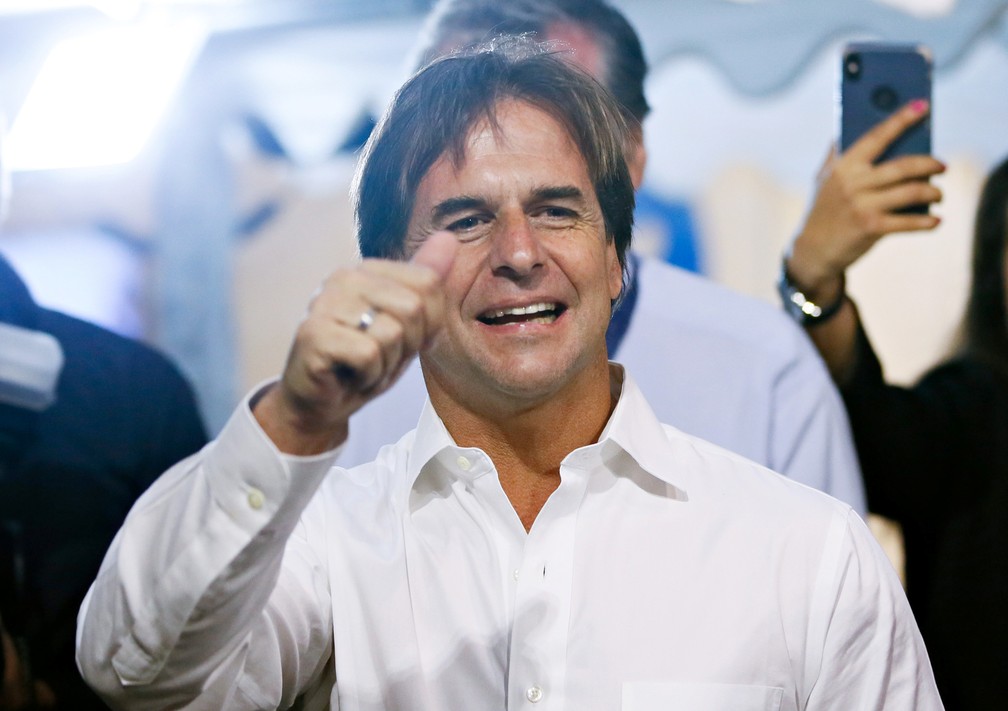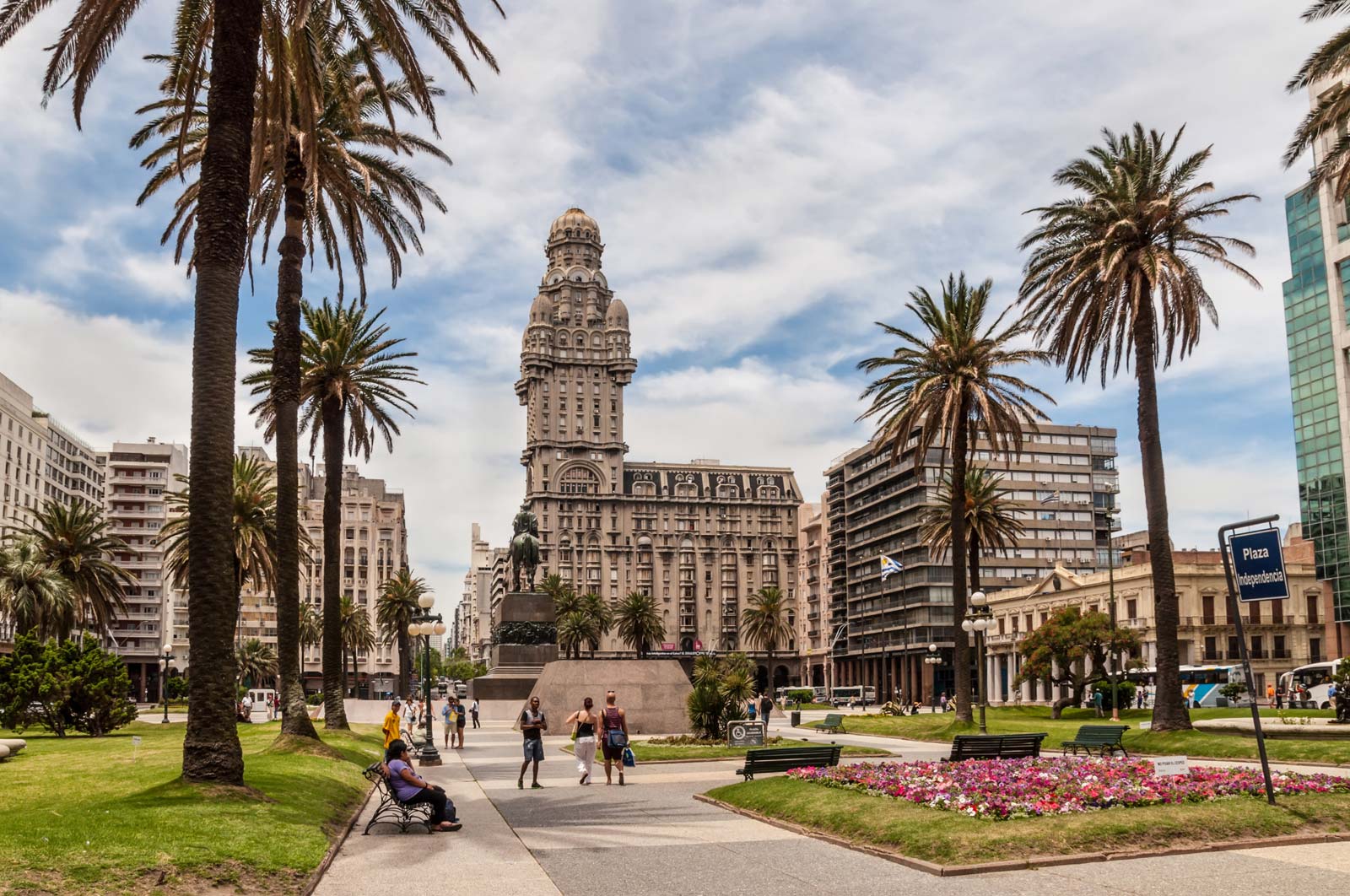RIO DE JANEIRO, BRAZIL – A youthful-looking, seemingly obstinate man, Luis Lacalle Pou, 46, was the favorite in Sunday’s presidential race in Uruguay – the official result of which will not be released until Thursday.
The leader of the National Party, which in the first round of elections won 28 percent of votes against 39 percent of the ruling ‘Frente Amplio’ (“Broad Front”, left-wing), quickly formed a coalition called “multicolored,” which could also be called the multi-right, as it is made up of all the conservative parties in the country, including the Open Cabildo, a party recently founded by Jair Bolsonaro‘s military admirers.

Talking about Lacalle Pou without recalling the family’s ancestors is impossible, no matter how much the candidate and his advisors had focused their electoral campaign communication on simply calling him Luis, to distance him from the heir’s role.
Son of former President Luis Alberto Lacalle (1990-1995), the candidate is the great-grandson of one of Uruguay’s most prominent politicians, Luis Alberto de Herrera (1873-1959), historical leader of the National Party.
Thus, Luis was born to be a “blanco” politician (as the members of the National Party are called) and, in fact, at the age of 20, he joined parliament as a deputy, as a substitute for his mother, and remained as a legislator uninterruptedly until the present.
In those years, Luis Lacalle Pou forged his own identity: liberal, but not as much as his father (with whom, it seems, he does not get along), a methodical and tireless worker, a good speaker, an experienced legislator, excellent at an election campaign.
Eduardo Bottinelli, director of the research institute Factum, places Lacalle Pou within the Christian right-wing because several of his references in politics, social or education are Catholic or members of the Opus Dei. Bottinelli points out that, for these elections, Lacalle Pou spent five years thoroughly preparing the campaign.

This commitment is confirmed in Tacuarembó, in the northern department of the country, by journalist Roberto Vasconcellos, who recalls by heart no fewer than six visits by Lacalle Pou to the region.
He learned from his first presidential candidacy – and defeat – in 2014, when the current president, Tabaré Vázquez, surprised and overtook him following an intense campaign for the departments of the interior. In these elections, the situation was reversed. In the first round, the ‘Frente Amplio’ held up well in the capital Montevideo (where one-third of the country’s population lives), while the right-wing became stronger in the interior.
The Uruguayans found a more mature Lacalle Pou, and also more aggressive. If in 2014 his campaign had the motto ” For the positive” and focused on arousing enthusiasm for the novelty and youth of the candidate (against a septuagenarian Vázquez), in this one the message was to display a prepared presidential candidate and the tone might well have been “For the negative” of the ‘Frente Amplio’.
Thus, Lacalle Pou and his allies succeeded in establishing a climate of crisis by accusing the ‘Frente Amplio’ of increasing public insecurity or exacerbating the precarious state of the economy. The most extremist sectors eventually overreacted, accusing the left-wing of corruption and moral ruin in the country as a result of the rights agenda that it implemented during its administrations.
Lacalle Pou focused the campaign on the need for a change after 15 years of ‘Frente Amplio’ governments. Although the coalition has unveiled a common program, there are doubts about how it will conduct its economic project, which includes tax cuts for agricultural producers and, perhaps, also for high-income retirees, containing the fiscal deficit and maintaining social programs. This squaring of the circle would be achieved mainly on the basis of savings and good management.
With the common goal of winning the elections, Lacalle Pou leads a coalition that includes elements of Argentinean Macrism, Bolsonaro’s militarism, and Chilean Liberalism. If he becomes president, he will have to reshape and show that, in addition to running good campaigns, he knows how to govern.
Source: El País

